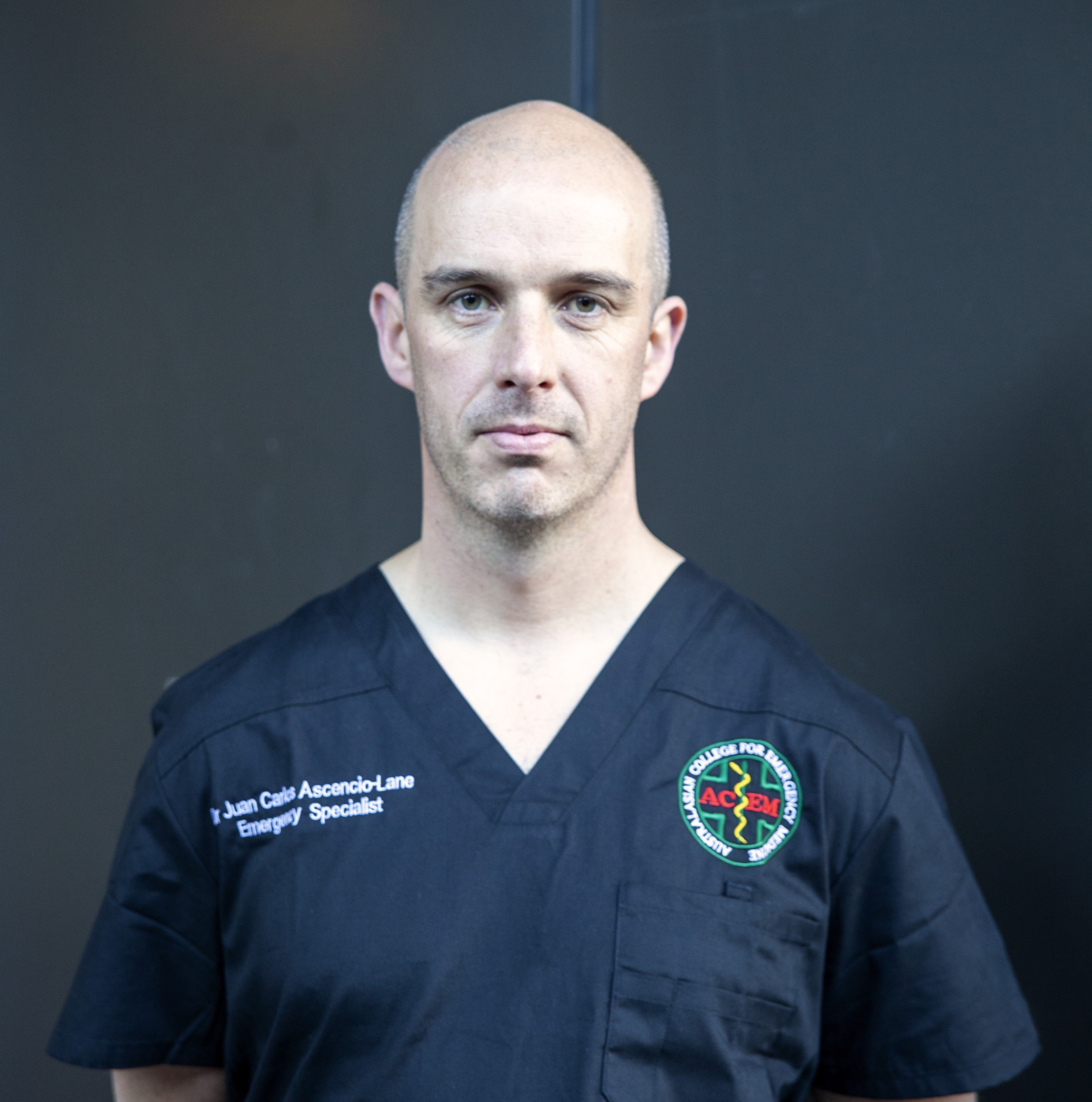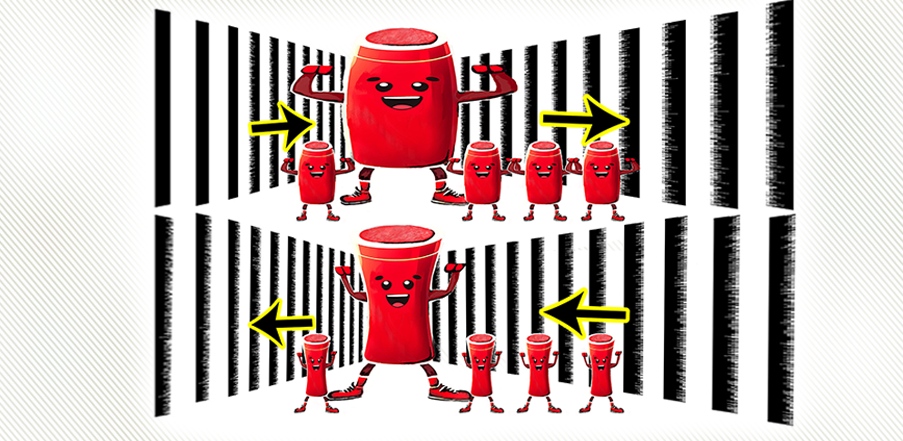
New research from Cancer Council NSW has found that just over half of NSW residents (55%) know about the link between alcohol and cancer.
“This is particularly concerning as we know over 1,000 cancer deaths and 3,500 cancer cases in Australia each year are attributed to alcohol. When it comes to cancer risk, there is no safe level of alcohol use. The more alcohol used over a lifetime, the greater the risk of developing alcohol-related cancers,” Cancer Council NSW’s Nutrition Program Manager, Clare Hughes says.
The study also looked at support for a range of evidence-based alcohol policies and compared the results to previous studies in 2013 and 2016. The findings showed strong community support for government policies relating to alcohol marketing, with over 70% of survey respondents supporting laws protecting under-age internet users from alcohol advertising and banning alcohol sponsorship of youth-focused music events.
Ms Hughes says, “We know the more alcohol advertising young people are exposed to, the earlier they will begin to drink, and the more they will consume if they already drink. Advertising and sponsorship policies need to keep up with the latest ways alcohol is promoted. This strong support highlights the new areas a policy should cover.”
New Australian Alcohol Guidelines were released in 2020 recommending that to reduce the risk of illness and injury, people should consume no more than 10 standard drinks per week and no more than four drinks in one day.
Latest NSW Health figures estimate that 33% of NSW adults, including 41% of men and 25% of women, drank alcohol at levels that posed a long-term health risk such as increasing their risk of developing alcohol-related cancers. However there has been little done to make people aware of these new alcohol guidelines.
With half of Australians in the dark about the cancer risk of drinking alcohol, Cancer Council NSW is calling on the NSW Government to run a mass media campaign raising awareness of the new alcohol guidelines and how NSW residents can reduce the long-term impacts of drinking alcohol.
“We saw patterns of alcohol use change for many people during the COVID-19 lockdowns. People are still consuming alcohol at dangerous levels. In addition to the impacts on mental health and risk of many chronic diseases, people may not be aware drinking alcohol can also cause cancer,” Ms Hughes continues.
The consequences of the pandemic will include many long-term health impacts. Reducing long-term harms from alcohol was a focus of the draft National Preventive Health Strategy and identified the role for state governments in achieving this. In addition to a commitment to raising awareness of the alcohol guidelines and the long terms risks of drinking alcohol, now is the time for the NSW government to release the NSW Alcohol Strategy – providing a framework of actions to address and prevent alcohol-related harm in NSW.
“We have seen through this new data that there is strong support for Government action to reduce alcohol-related harm. The Government has done a great job protecting our health and saving lives during the pandemic. Now we need governments to act to protect our community from alcohol related harm into the future,” Ms Hughes concludes.







